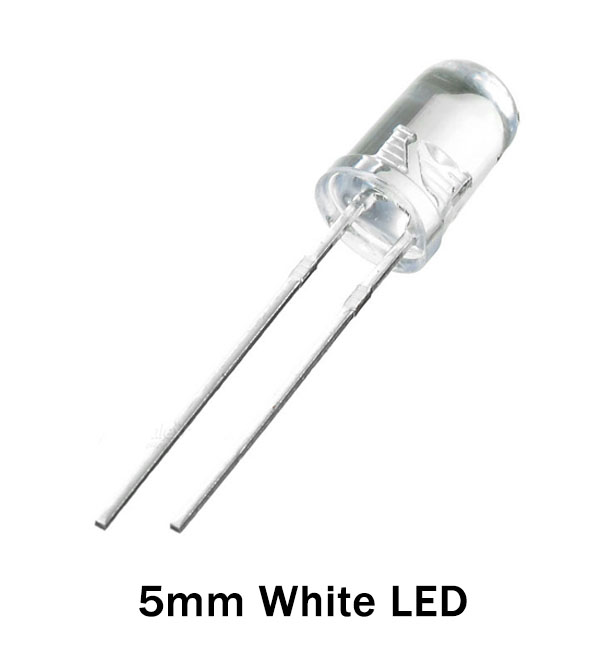The LED Blinking circuit is the circuit that blinks the LED i.e. turns it ON or OFF continuously. A simple blinking led circuit power from 230V can be used to mark special places or act as a voltage indicator. This circuit actuates by using a combination of resistors, capacitors, diode, and DIAC.
DIAC is a bi-directional semiconductor switch assembled in this project, which can be turned on in both forward and reverse polarities at a certain voltage. It is often used to provide defined switching for a triac. When this employs in AC switches, they are often found in light dimmers which are commonly used in domestic lighting. These electronic components are also widely used in starter circuits for fluorescent lamps.

Hardware Components
The following components are required to make Blinking LED Circuit
| S.no | Component | Value | Qty |
|---|---|---|---|
| 1. | DIAC | – | 1 |
| 2. | Diode | 1N4007 | 1 |
| 3. | Resistor | 47kΩ, 270Ω | 1, 1 |
| 4. | Capacitor | 47µF 50V | 1 |
| 5. | LED | – | 1 |
| 6. | AC power supply | 230V | 1 |
Blinking LED Circuit

Working Explanation
This circuit operates in a quite simple way. The input 230 volts AC signal from the power source charges the capacitor 47µF through a 47 kΩ resistor and 1N4007 diode.
This makes the voltage of the capacitor become higher than 32 volts causing the DIAC to be triggered thereby causing the LED to blink. This blinking LED makes the capacitor discharge. The cycle repeats again and again as a result it gives a blinking effect.
Applications and Uses
- Use as flashers
- Generally used in toys for flashing lights or siren effect
- Widely used in warning devices or emergency indicators
- This circuit can also be utilized as a source of square wave generation
- It could give a lethal shock if any mishandling occurs. Do not try to work with AC line if you do have no basic understanding of AC line voltages













